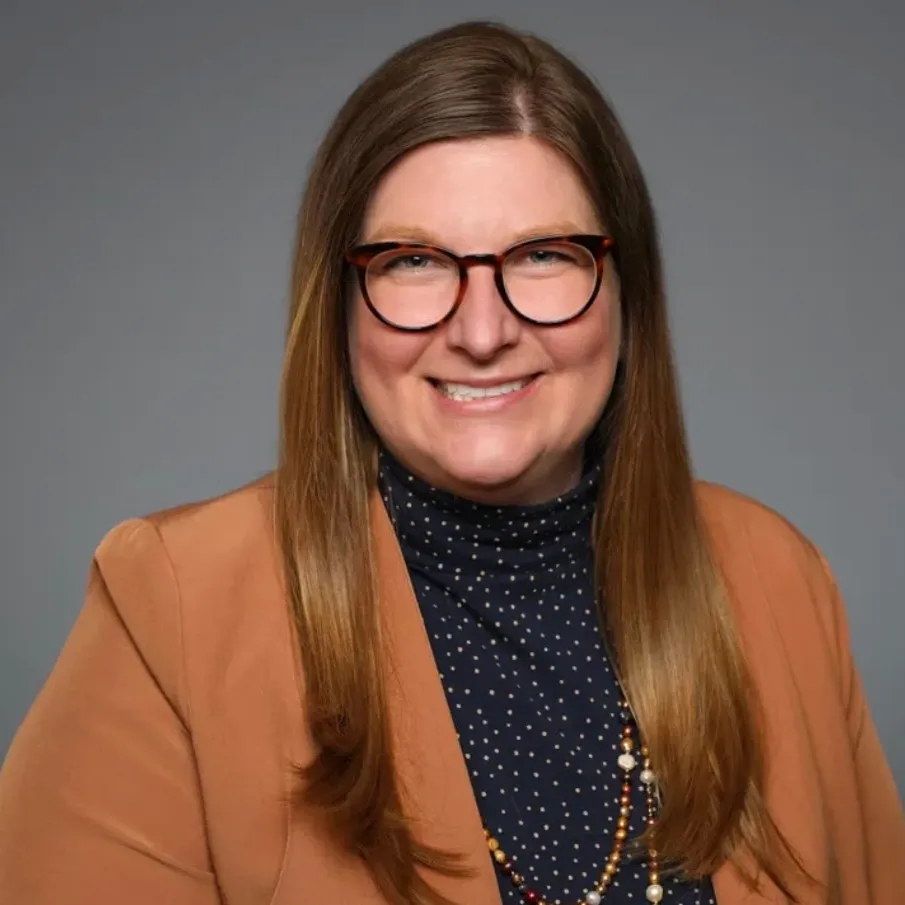
Introduction to Adult Child Syndrome
Adult Child Syndrome (ACS) affects many individuals who grew up in dysfunctional families. Understanding this condition is vital for recognizing its impact and seeking appropriate help. By addressing ACS, individuals can break free from unhealthy patterns and foster personal growth.
Overview of Adult Child Syndrome
Adult Child Syndrome is a psychological condition that manifests in adults who were raised in dysfunctional households. It is characterized by emotional struggles and behavior patterns that persist from childhood into adulthood. Recognizing and understanding ACS is the first step toward healing and developing healthier relationships.
Understanding Adult Child Syndrome
Adult Child Syndrome refers to the lasting emotional and psychological effects experienced by individuals who grew up in dysfunctional families. Initially identified in the context of children of alcoholics, ACS encompasses those from various dysfunctional backgrounds, including addiction, neglect, and abuse.
Common Symptoms of Adult Child Syndrome
Recognizing the symptoms of ACS is crucial for addressing its impact. Common symptoms include:
- Fear of abandonment and difficulty trusting others
- Low self-esteem and perfectionism
- Difficulty expressing emotions and setting boundaries
- People-pleasing and fear of conflict
- Isolation and avoidance of intimacy
- Chronic guilt or shame and obsessive thinking
These symptoms can lead to issues such as addiction, depression, anxiety, and challenges in forming healthy relationships. If you identify with these symptoms, seeking professional help is advisable.
Causes of Adult Child Syndrome
Understanding the root causes of ACS is essential for addressing the condition. Several factors contribute to the development of ACS.
Dysfunctional Family Dynamics causing Adult Child Syndrome
Growing up in a dysfunctional environment where emotional support and healthy coping mechanisms were absent is a primary cause of ACS. Dysfunctional households often involve addiction, neglect, or abuse, leading to negative behavior patterns that persist into adulthood.
Impact of Trauma and Neglect on Adult Child Syndrome
Traumatic experiences, including physical or emotional abuse, leave deep emotional scars. Unhealed trauma contributes to ACS, causing ongoing mental health issues and difficulties in forming healthy relationships. Emotional neglect, where a child’s emotional needs are unmet, can also lead to ACS.
Recognizing Adult Child Syndrome in Yourself
Self-awareness is key to recognizing ACS and taking the first steps toward healing. Reflecting on your childhood experiences and current behavior patterns can help identify the presence of ACS.
Key Signs of Adult Child Syndrome
If you notice patterns of self-doubt, fear of intimacy, or difficulty expressing emotions, these may indicate ACS. Additionally, if you find yourself struggling with boundaries or engaging in people-pleasing behavior, it could be a sign of underlying emotional issues stemming from childhood.
Self-Reflection on Childhood Experiences
Reflecting on your upbringing can provide insights into the development of ACS. Consider whether your childhood involved dysfunction, neglect, or trauma. Understanding these experiences can help you identify and address the root causes of ACS.
Treatment Options for Adult Child Syndrome
Addressing ACS requires a comprehensive approach that includes therapy, mindfulness practices, and self-care strategies. With the right support, individuals can break free from unhealthy patterns and embrace personal growth.
Therapy and Counseling for Adult Child Syndrome
Therapy is a crucial component of treating ACS. Professional counseling helps individuals identify and change dysfunctional behaviors learned in childhood, breaking the cycle of negativity and fostering healing.
Role of Mindfulness and Self-Care in Adult Child Syndrome
Mindfulness practices, such as meditation and yoga, aid in managing stress and improving mental well-being. Self-care strategies, including engaging in activities that boost self-esteem and promote physical health, support overall healing and symptom management.
Our Therapists work with individuals suffering from Adult Child Syndrome
Our team is ready to help you contact us today
Meet Some of Our Expert Therapists

Nedra Everett
I am a Licensed Clinical Social Worker with expertise working with diverse populations. My background encompasses a wide range of areas including trauma, crisis intervention, depression, anxiety, anger management, parent coaching, grief and bereavement and relationship interventions.
View Nedra's Profile
Sandra Villwock
My approach to therapy uses a variety of techniques and modalities to individualize treatment to each client's unique needs. Whether it's supportive therapy, mindfulness-based therapy or other forms of psychotherapy, I work collaboratively with each client to develop a plan that will help achieve his or her goals and be their best self.
View Sandra's Profile
Lauren Campbell
Seeking therapy can be intimidating. I pride myself on being warm, relatable, and friendly. I see my role as therapist to listen, teach, and work collaboratively with each client to achieve our formulated shared goals.
View Lauren's Profile
Bionca Martin
Let me help you find balance in your life: I work with children, adolescents, teens and adults with mood disorders, substance use disorders, behavioral problems, emotional disturbance, impaired social functioning as well as abuse survivors (mental, physical, neglect, financial, medical, educational) and perpetrators.
View Bionca's Profile
Elisa Frazier
I firmly believe that everyone has the potential to live a satisfying life, regardless of their past actions or current pain. My approach is to let the client set the pace and move towards their goals, while I support them every step of the way.
View Elisa's ProfileInsurance Coverage Made Simple
We accept most major insurance plans and offer low self-pay rates to ensure quality care is accessible to everyone. Your well-being is our priority, and we're here to help regardless of your financial situation.
FAQ: Common Questions About Adult Child Syndrome
What is adult child syndrome?
What are the symptoms of adult child syndrome?
How does adult child syndrome develop?
Can adult child syndrome be treated?
What role does therapy play in treating adult child syndrome?
How can mindfulness help with adult child syndrome?
What are some self-care strategies for adult child syndrome?
What is the impact of adult child syndrome on relationships?
Related Articles

Childrens Therapy Solutions: Effective Approaches for Young Minds
Discover various childrens therapy solutions designed to support emotional and psychological development. This guide explores effective techniques and approaches to help young minds thrive.

Initiative vs Guilt: Navigating Erikson's Third Stage
Erikson's Initiative vs Guilt stage explained. Learn how to navigate this developmental phase and foster healthy development.

Sibling Therapy Activities For Better Relationships
Explore activities for siblings in therapy designed to improve sibling relationships and communication. Learn about popular exercises, tips for implementation, and how therapy can support family dynamics.

Top 5 Best Strategies To Handle Family Conflicts Effectively
Managing family conflicts can be stressful, but with the right strategies, you can resolve disagreements and strengthen family bonds. Read the article to learn how.

